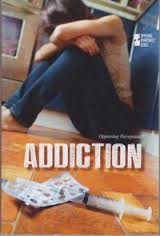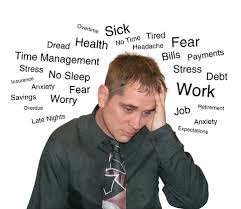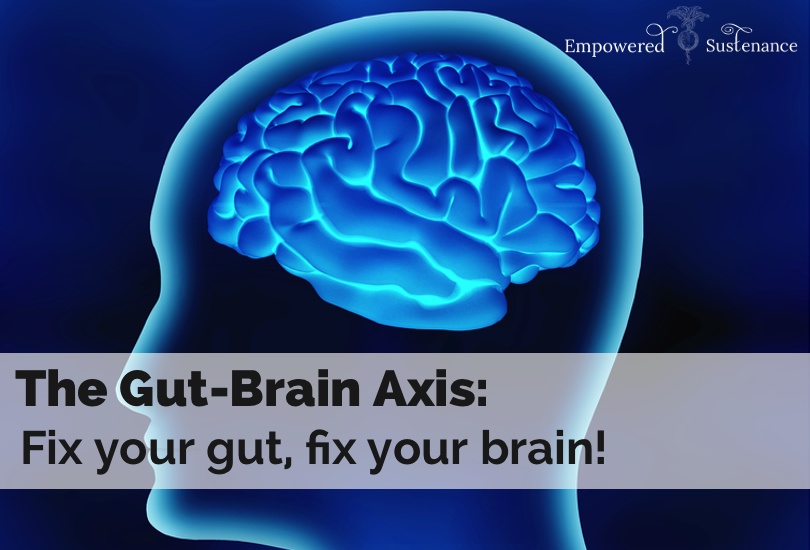Natural brain balance and addiction

Natural brain balance and addiction which is very significant in destroying life of drug users
Natural brain balance and addiction: Homeostasis
How does substance abuse affect the brain? This is very fundamental. There is no doubt that the natural brain balance is greatly affected by substance abuse. This change is scientifically known as homeostasis which is a biological process. All biological systems including the human body will attempt to maintain a “normal” balance, known as homeostasis. Doctor Akoury says that the brain functions as the administrator of this balance by making various adjustments where necessary to maintain a balanced, well-functioning, biological system. Each person’s “normal” balance is individually determined. Drugs abuse and activity addictions lead to changes in this normal balance.
Chronic over-stimulation of the brain interferes with the maintenance of the brain natural balance (homeostasis). When the brain has difficulty maintaining homeostatic balance, the wonderfully adaptive brain makes adjustments. It does this by creating a new balanced set-point. The creation of a new balance is called allostasis. This may not be very clear to many, but let me make it simpler by using a daily life illustration. Take for instance if you add more weight to 20 units, you will try fitting into your clothing’s despite the discomfort. But with time this will not be bearable and so you will have to adapt to the new body size by buying new clothes that will fit you well. Once this is done you will be more comfortable and at this point, you will get used to the fact that your clothes are now the large size and not medium or small sizes as it used to be and in the process your homeostasis balance changes from medium to large. And with this adjustment, you become comfortable again.
Take note that the reverse can also take place in the future where the added 20 units may be lost to keep healthy and when that happens you will be compelled to make further readjustment to your clothing size by buying smaller sizes. Therefore even though at this moment you will be healthy due to the loss, you will still need to make an unpleasant and costly adjustment by buying smaller clothes. This is very similar to the unpleasant adjustment the brain must go through when people try to give up their addiction. Although this is a positive change, we will be uncomfortable while the brain makes readjustments to suits the present circumstances.
Natural brain balance and addiction: The brain’s ability to cope
From the concept illustrated above, the brain’s wonderful ability to make the readjustments is worth noting. It’s these changes that account for many behaviors associated with addiction like:
- The powerful and lustful need to obtain drugs or continue with the indulgence of harmful activities despite the harms to self or loved ones
- The difficulty of quitting an addictive drug or activity
- The obsessive, all-consuming nature of addictions such that little else in life matters
This is because addiction caused the natural brain balance to change and accommodate the addiction. Once changed, the brain requires the addictive substance or activity in order to maintain this new homeostatic balance. Drugs and alcohol are not helping us in any way. Instead of the poor health and social discrimination, we get from drugs, let’s seek for solution by scheduling an appointment with doctor Dalal Akoury today for a one on one sharing of what you are going through and she will in the most professional way offer you lasting solutions to all your concerns.
Natural brain balance and addiction: Homeostasis
http://www.I-AM-I.com/wp-admin









